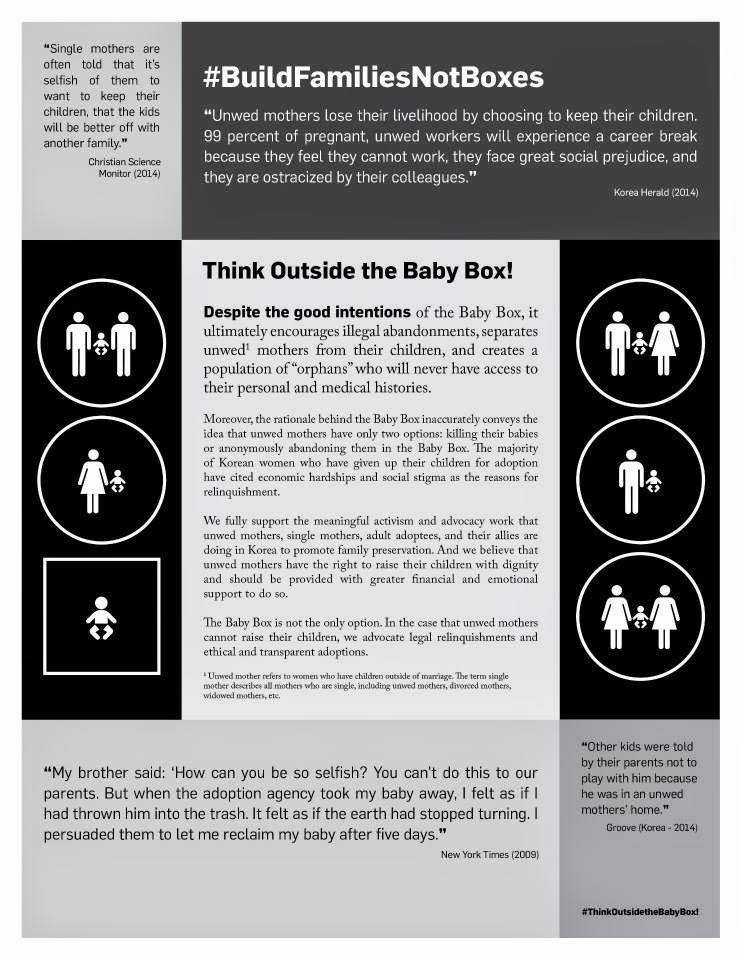It took a while to make that decision, but when I finally made up my mind, I was ready to leave a place I loved so much. Today it's been already one year since I packed my bags and left Kimchiland aka Korea after seven turbulent but exciting years. Back then, before coming back, I was looking forward to settling down with the love of my life and facing the world together.
Unfortunately, in a cruel twist of fate, none of this became reality. After only one month that love of my life left without even blinking or looking back. I started to wonder why did I ever come back from Korea if I had a fulfilling life and fun friends there. How did it ever come to this? How did I not foresee this? What's wrong with me for having someone I love and trust to leave me in my weakest moment? I felt stupid for having loved unconditionally, so blinded. I felt lost and alienated from my own country, my own family and friends back home.
Then all the 'what ifs' and the hurt feelings kept me awake at night. It was clear that I had hit rock bottom, because everything familiar seemed suddenly gone: not only my life in Korea but also the feeling of security and stability in the shape of someone to love and to be loved in return. Overnight, it all felt like just an empty shell. For a couple of months I found myself in a real dark abyss, losing solid ground beneath my feet not knowing what to do next.
Luckily in those darkest hours my family and friends did not give up on me. Even though we hadn't seen each other a lot in the past years, they kept asking to meet up and offer a shoulder to cry on while welcoming me back into their lives. Sometimes they also told me to stop whining, get myself together and move on. It's safe to say that without them I would never have been able to overcome what I might call the hardest hurdle in my life (even worse than that damn thesis in Korean! ;)) And every day I'm still grateful for this tough love.
Finding a job helped me to keep myself busy and focus on other things than feeling lost and depressed. Although I do miss Korea and my now ex-boyfriend a lot, at the moment I'm quite happy with my life and newfound hobbies such as model drawing and glass blowing.
It surely sounds cliché, still, it's true that nobody is promised tomorrow. So when life throws you lemons you better make damn good lemonade!
Unfortunately, in a cruel twist of fate, none of this became reality. After only one month that love of my life left without even blinking or looking back. I started to wonder why did I ever come back from Korea if I had a fulfilling life and fun friends there. How did it ever come to this? How did I not foresee this? What's wrong with me for having someone I love and trust to leave me in my weakest moment? I felt stupid for having loved unconditionally, so blinded. I felt lost and alienated from my own country, my own family and friends back home.
Then all the 'what ifs' and the hurt feelings kept me awake at night. It was clear that I had hit rock bottom, because everything familiar seemed suddenly gone: not only my life in Korea but also the feeling of security and stability in the shape of someone to love and to be loved in return. Overnight, it all felt like just an empty shell. For a couple of months I found myself in a real dark abyss, losing solid ground beneath my feet not knowing what to do next.
Luckily in those darkest hours my family and friends did not give up on me. Even though we hadn't seen each other a lot in the past years, they kept asking to meet up and offer a shoulder to cry on while welcoming me back into their lives. Sometimes they also told me to stop whining, get myself together and move on. It's safe to say that without them I would never have been able to overcome what I might call the hardest hurdle in my life (even worse than that damn thesis in Korean! ;)) And every day I'm still grateful for this tough love.
Finding a job helped me to keep myself busy and focus on other things than feeling lost and depressed. Although I do miss Korea and my now ex-boyfriend a lot, at the moment I'm quite happy with my life and newfound hobbies such as model drawing and glass blowing.
It surely sounds cliché, still, it's true that nobody is promised tomorrow. So when life throws you lemons you better make damn good lemonade!




















